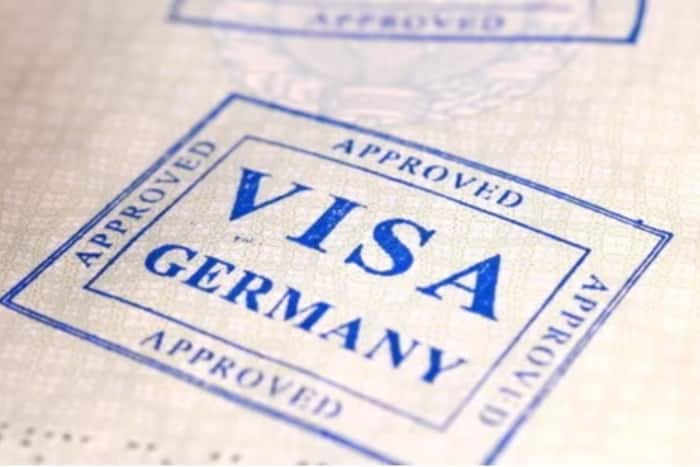Many potential foreign workers have welcomed the proposed tax incentives.

New Delhi: Germany is grappling with a labor force shortage, crucial for bolstering its industry and economic expansion. In response, the German government plans to implement substantial tax reductions for newly arrived foreign skilled workers. This measure is a component of Germany’s “growth initiative,” designed to partially exempt these workers from taxes during their initial three years of employment in the country.
Germany is grappling with a severe shortage of skilled workers in multiple sectors, and tax relief is a crucial factor in addressing this issue. The proposed tax rebate, aimed at newly arrived professionals, could make Germany an increasingly attractive destination for skilled foreign workers.
The scheme suggests tax rebates of 30%, 20%, and 10% for the first three years, subject to approval. Yet, the specific eligibility criteria and the distribution of larger or smaller rebates have not been revealed.
“We are creating a tax rebate for foreign professionals during their first three years in Germany. There will be rebates of 30 per cent, 20 per cent, and 10 per cent for those people who come here as qualified specialists,” said German Finance Minister Christian Lindner.
If sanctioned, this measure will be subject to a review in five years to evaluate its efficacy and influence on the labor market. Germany is the fifth most appealing destination for skilled immigrants. The proposed tax incentives have been met with enthusiasm by numerous prospective foreign workers.
Currently, Germany is experiencing a substantial deficit of around 573,000 skilled workers, according to the latest figures from the German Economic Institute. Economists predict that filling this gap could boost Germany’s economic growth by over 1% for the year, translating to an extra €49 billion (about $53 billion).
To address this issue, Germany introduced the Skilled Immigration Act in 2020, which has been continuously reformed to remove obstacles deterring foreign workers. According to a study by the Bertelsmann Foundation, around 70,000 skilled workers from non-EU countries moved to Germany in 2022.
This number still falls short of the numbers needed to ease the labour shortage in the country.

